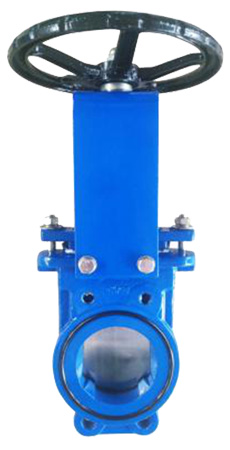Қыр . 11, 2024 21:44 Back to list
High-Quality Silent Check Valves for Efficient Fluid Control
Understanding Silent Check Valves An Essential Component in Fluid Systems
In various industries, fluid systems play a crucial role in ensuring the efficient flow of liquids and gases. One of the vital components that help maintain this efficiency is the silent check valve. Unlike traditional check valves that can be noisy and create disturbances in the system, silent check valves operate quietly and effectively, making them an ideal choice in applications where noise reduction is essential.
What Is a Silent Check Valve?
A silent check valve is a one-way valve that allows fluid to flow in one direction while preventing backflow. This type of valve is designed to minimize water hammer—a pressure surge that occurs when the flow of fluid is suddenly stopped or redirected. Water hammer can cause significant damage to pipes and equipment, resulting in costly repairs and maintenance. Silent check valves are engineered to close gradually, reducing the impact of sudden pressure changes and mitigating the risk of water hammer.
Design and Functionality
Silent check valves typically feature a piston or disc mechanism that moves in response to fluid flow. When the fluid moves in the intended direction, the valve opens, allowing seamless passage. However, if the flow attempts to reverse, the piston or disc quickly seals the valve, preventing backflow. This design not only enhances performance but also contributes to longevity, as the components are less likely to wear out compared to traditional check valves.
These valves can be made from various materials, including stainless steel, brass, and plastic, making them suitable for different environments and applications. Their design often incorporates a streamlined shape that reduces turbulence, thereby optimizing flow efficiency.
silent check valve

Applications of Silent Check Valves
Silent check valves are widely used in numerous applications across different industries. In water treatment plants, they help maintain the integrity of the water supply by preventing contamination via backflow. In HVAC systems, they ensure that air circulates efficiently without backpressure, contributing to energy savings. Similarly, in the pharmaceutical industry, where contamination must be avoided at all costs, silent check valves provide a reliable solution to maintain product integrity.
Advantages of Silent Check Valves
One of the significant advantages of silent check valves is their ability to operate quietly. This feature is particularly beneficial in residential and commercial buildings where noise reduction is a priority. Additionally, their ability to prevent water hammer extends the lifespan of piping systems and reduces the need for extensive maintenance. Furthermore, because silent check valves are less prone to jamming and wear, they often result in lower overall operational costs.
Conclusion
In conclusion, silent check valves are an indispensable component in fluid systems, providing a reliable solution for controlling flow and preventing backflow while minimizing noise and water hammer. Their robust design and versatility make them suitable for a wide range of applications, from industrial systems to residential plumbing. As industries continue to prioritize efficiency and sustainability, the role of silent check valves will undoubtedly become even more critical in ensuring smooth and safe fluid handling. By understanding their functionality and benefits, professionals can make informed decisions about incorporating silent check valves into their fluid systems, enhancing overall performance and reliability.
Share
-
Reliable Wafer Type Butterfly Valves for Every IndustryNewsJul.25,2025
-
Reliable Flow Control Begins with the Right Ball Check ValveNewsJul.25,2025
-
Precision Flow Control Starts with Quality ValvesNewsJul.25,2025
-
Industrial Flow Control ReliabilityNewsJul.25,2025
-
Engineered for Efficiency Gate Valves That Power Industrial PerformanceNewsJul.25,2025
-
Empowering Infrastructure Through Quality ManufacturingNewsJul.25,2025